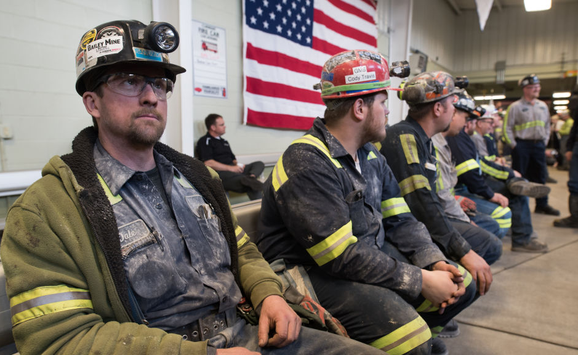Resources for the Future is investing in efforts to connect researchers with business leaders and review the range of climate policy options. What would an updated vision of national decarbonization goals, time frames, and industry pathways look like?
Resources for the Future (RFF) was founded in 1952 as the first think tank to focus exclusively on environmental and natural resource decisions, a mission we still carry today. And since the middle of the twentieth century, our researchers have contributed impartial and rigorous research toward informing the policymakers who have crafted, debated, and passed landmark laws such as the Clean Air Act of 1970.
RFF also has been around to witness major legislation that fell short of becoming federal law but still made a lasting impact on the evolution of climate policy in the past several decades. One such example is the Climate Stewardship Act, which fell short of passing in both 2003 and 2005. This bill was introduced by the bipartisan team of Senators John McCain and Joseph Lieberman; it aimed to limit greenhouse gas emissions through a cap-and-trade system.
That era in RFF’s history also involved the organization bringing together industry leaders through a series of events known as the Climate Policy Forum. With a presidential campaign on the horizon, RFF and industry leaders gathered in 2006 to pose questions and motivate research with a shared aim of informing economically viable policy solutions that could mitigate carbon emissions.
In a related article in this issue of Resources magazine, RFF’s Vice President for Communications, Kristina Gawrgy, offers a history of the Climate Policy Forum, the subsequent research paper that came out of the event, and thoughts from RFF researchers and partners on the possibility of a similar effort in RFF’s future.
Now is the perfect time to reflect on this legacy. With recent efforts underway to repeal the Inflation Reduction Act, questions abound about the contours of new climate policy. Political swings in the United States are not new, but recent changes have illustrated the importance of having a clear, objective, and nonpartisan understanding of the options to address environmental, energy, and climate challenges. RFF’s effort two decades ago can and must be revisited.
Regardless of current and future political swings, climate change is here. The challenges are mounting, and we will need trusted leaders and organizations to bring the best thinking to climate and energy solutions. Never before has the need been more imperative for leaders across business, academia, government, and philanthropy to shape the next generation of climate policies that can help ensure a healthy environment and thriving economy for all people and communities.






